Hospitalization is a stressful experience for everyone, particularly for children. But there’s a medical revolution underway in Israel, and it’s not about scalpels and sutures; it’s about red noses and big shoes. Medical clowning, in which trained adult performers offer healing performances to patients, often younger ones, through laughter, is gaining respect within the medical community—and becoming a formal component of treatment. At least for patients who aren’t terrified of clowns, research suggests that clown care provides more than just temporary uplift: Several studies have found that, when clowns accompanied children and their parents into the pre-operating room before minor surgery, the clowns not only reduced the children’s anxiety, but their mothers’ stress levels as well.
- The clown is a part of the medical staff. The clown and the doctor and the nurse—they are in the same boat together, swimming in the middle of ocean.
- There is a lot of difference from hospital to hospital. I’ve been in hospitals all around the world. The difference: In Jerusalem, it’s my hospital. I’ve been working there almost 13 years. Long time. I’m part of the hospital; I’m part of the medical staff.
- I am not a medical clown or a street clown. I am a clown. With my daughter, my wife, my dogs, my friends, I am a clown. I go to the bank, I am a clown. I clown every place I go. I go to the airport, I start clowning. Medical clowning is just two words that come together because it is very sexy. Medical clowning does not exist. It’s just a slogan. It is clowning—that’s it. I am a clown.
- Clowning is a universal language. I can clown and I can create communication all around the world. I work with people who speak many languages. Clowning communicates without judging your color, your religion, your social status, your kind of blood—nothing. It’s like music.
- Do I think my job is hard? As a clown, you are working with the healthy side of the patients. You are not working with the illness or the sadness. If you have the opportunity as a person in this world to make another person to think more positively, I cannot find the hard part about that job.
- There are a lot of hard moments, you see people suffering and sometimes you see the end in their eyes—they are finished.
- To see somebody dying, and he’s allowed you to be with him? He’s spending time with his family now, people he’s known for many years, but he actually allowed you to come to his room or his bubble, and he says: “Here, take the key of my spirit, of my heart. Take the key—open my heart. I give you the key.”
—David “DuSH” Barashi, 39, medical clown for the group Dream Doctors (as told to J. Wesley Judd)



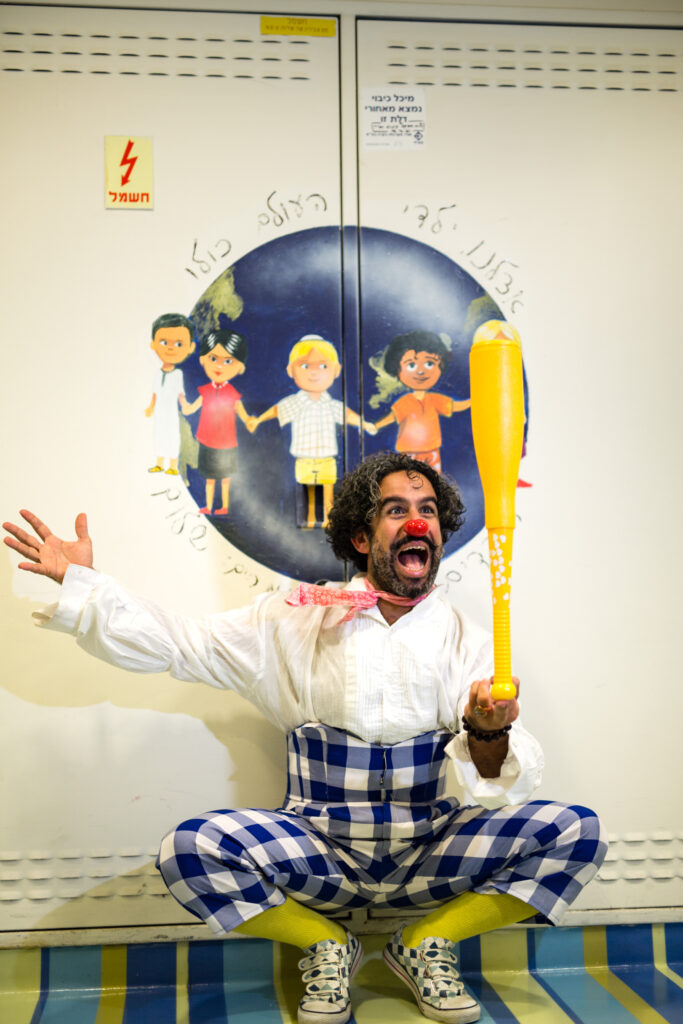
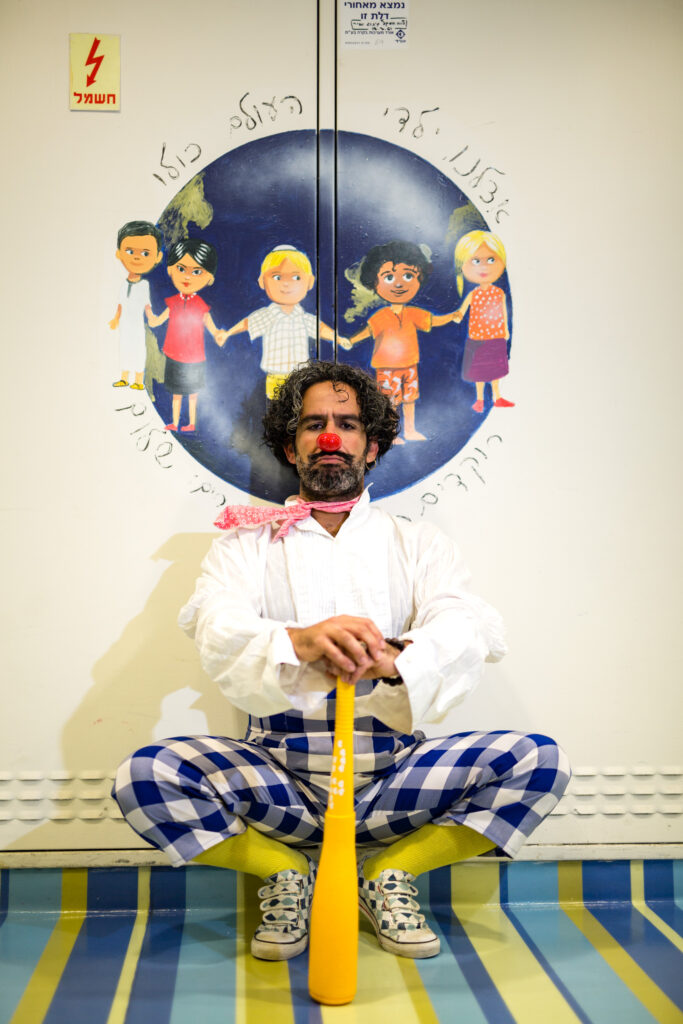



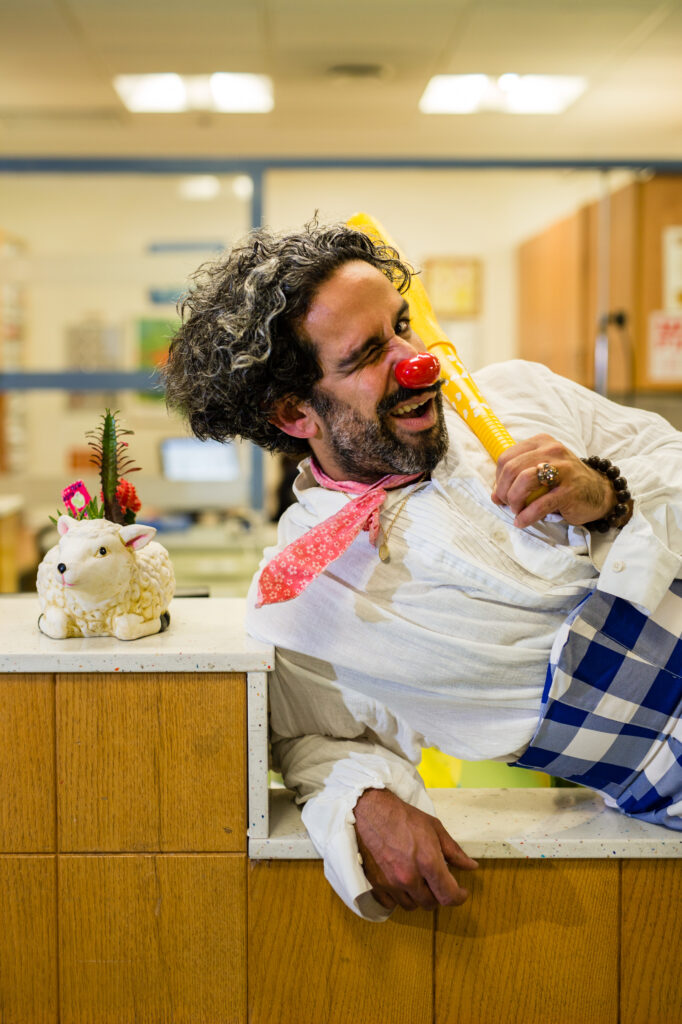

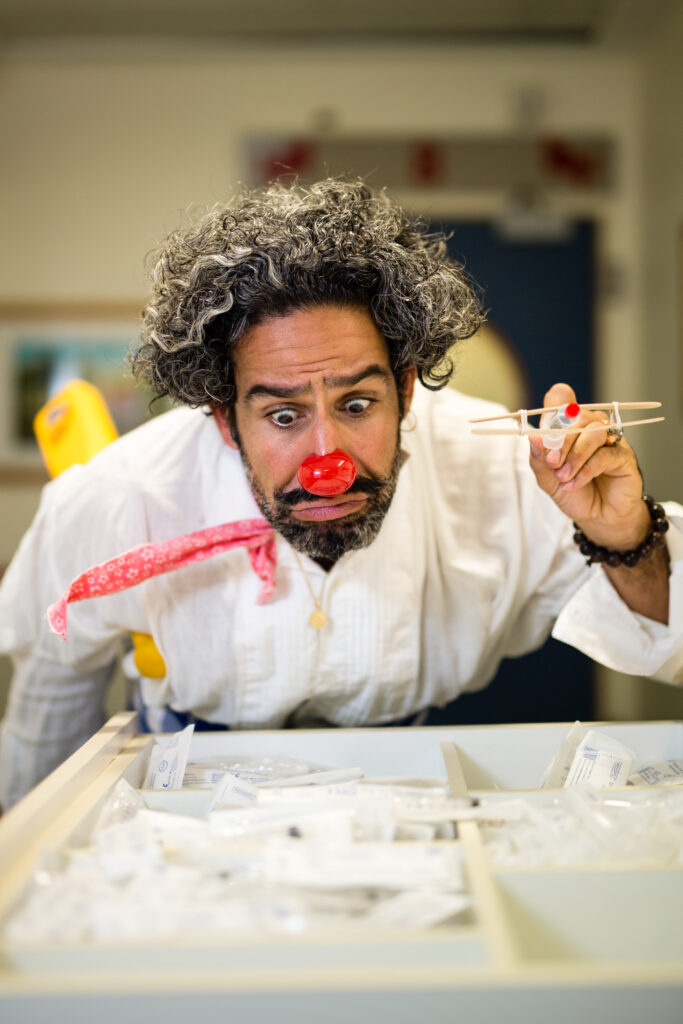



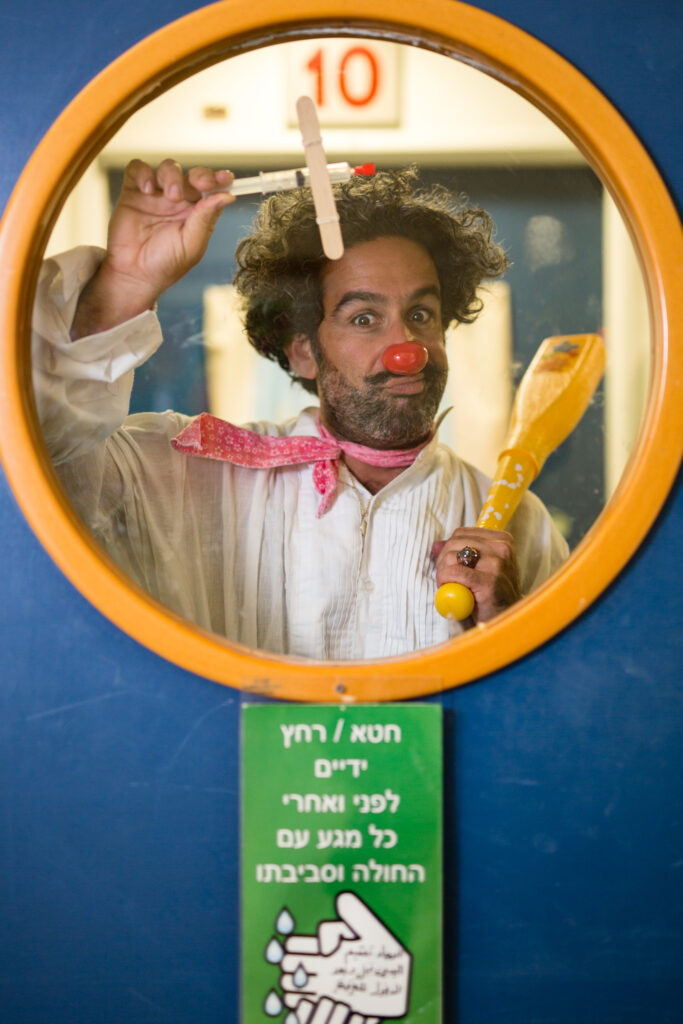



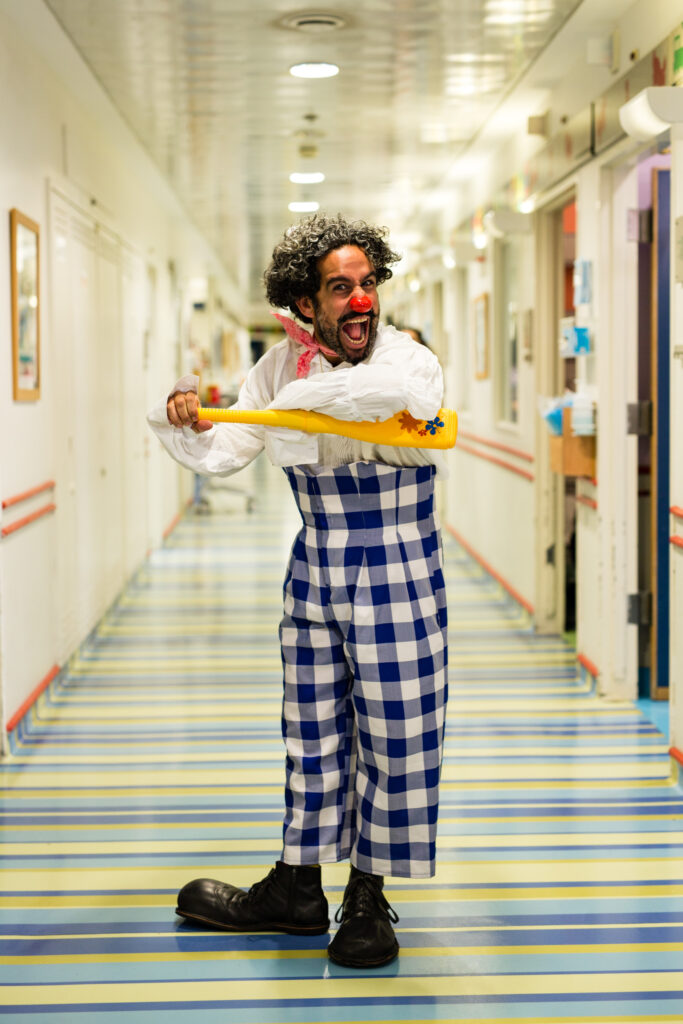

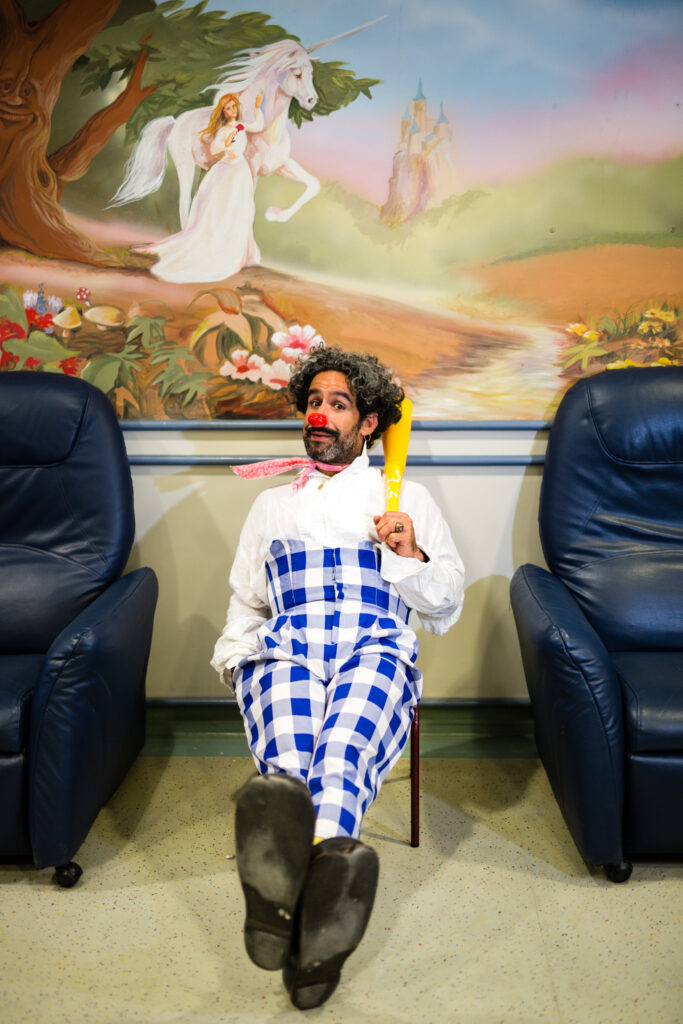




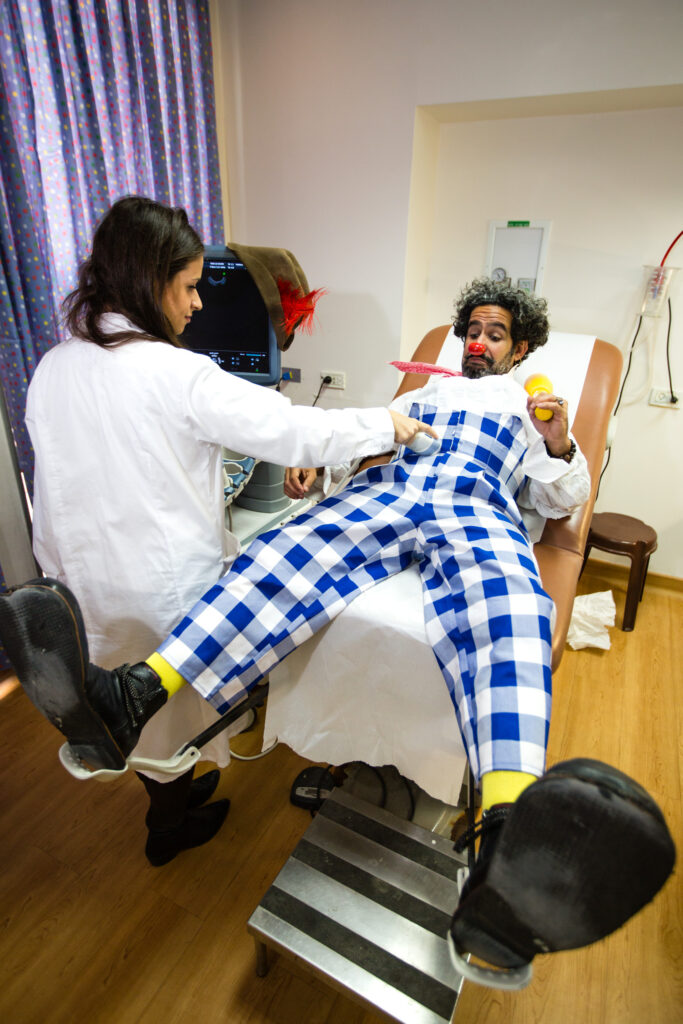

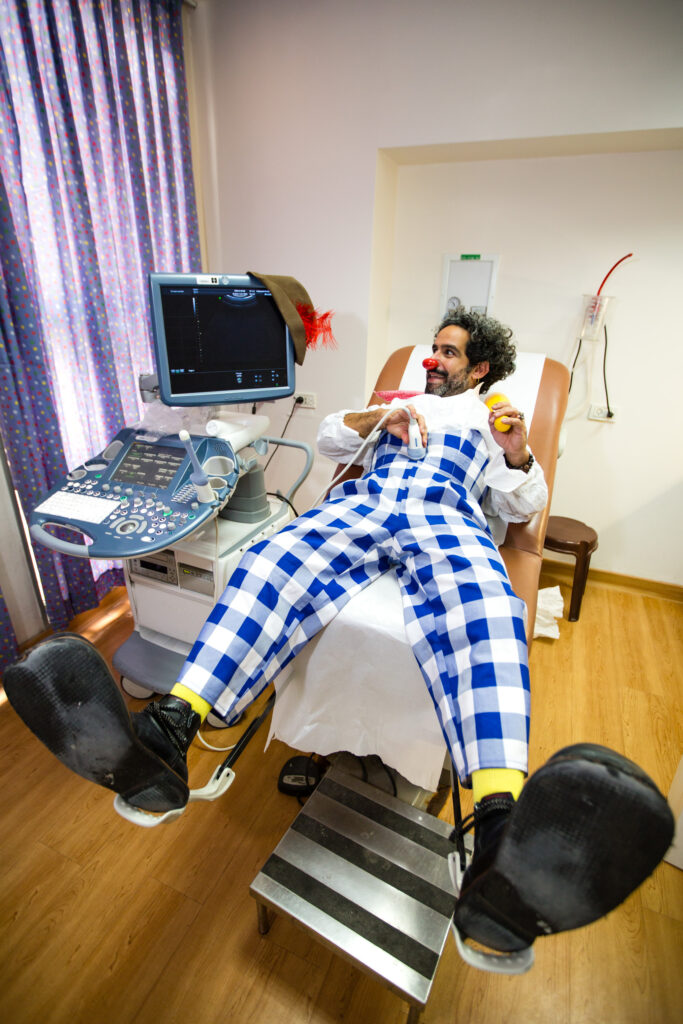


Submit your response to this story to letters@psmag.com. If you would like us to consider your letter for publication, please include your name, city, and state. Letters may be edited for length and clarity, and may be published in any medium.
For more from Pacific Standard, and to support our work, sign up for our free email newsletter and subscribe to our print magazine, where this piece originally appeared. Digital editions are available in the App Store and on Zinio and other platforms.





